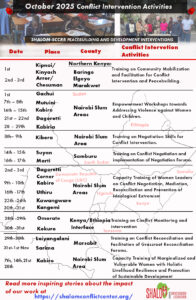http://www.shalomconflictcenter.org
(By: Rev. Dr. Patrick Devine)
Introduction
Conflict has a memory that is resilient, robust, moored in culture and transgenerational, but quite often it is distorted by erroneous historical narratives. From the standpoint of the humanitarian/peace/development nexus in conflict environments where people are killed, maimed, and displaced persistently, it is extremely difficult, if at all possible, for social and religious values of peace, truth, justice, and mercy to take deep communal root. These gospel values are of utmost importance for people to live normal lives aspiring to the fullness of sustainable peace and reconciliation.
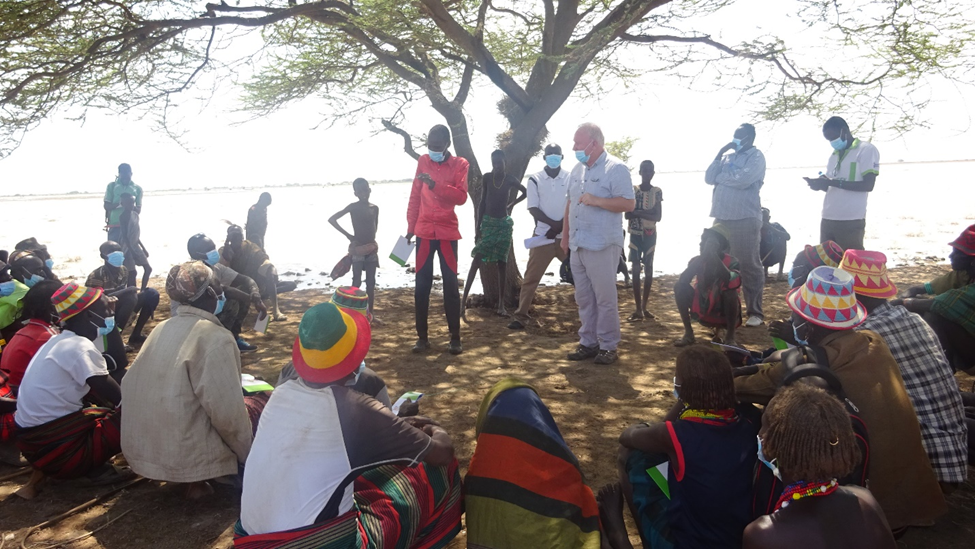
Of equal significance within the same conflict environments is the fact that communities cannot experience sustained development because periodically schools, hospitals, religious amenities, formation facilities and other critical infrastructure become inoperable or destroyed. We will be forever rebuilding/rehabilitating development institutions, and be ethically indebted, if not legally obliged, to provide humanitarian interventions/aid insertions, if we do not address the underlying causes of manifest and structural violence.
The core objective of Shalom-SCCRR is to attain conflict resolution and reconciliation for the people of Africa, evidenced by sustainable peace integrated with integral human development. From a process perspective, this objective is underpinned by empirical research that engages the three analytical paradigms of Realism (Strategism), Structuralism (Peace Research), and Conflict Research. Based on the premise that paradigms evolve, these are complemented by what can be described as paradigmatic approaches to peacebuilding mostly in Africa today, viz, peacebuilding as social justice, peacebuilding as stabilisation, and peacebuilding as liberal governance. The research is followed by conflict transformation interventions at the individual, relational, structural/institutional, and cultural levels, leading to reconciliation forums.
Comprehensive knowledge of the humanitarian/peace/development nexus interplay at an academic and practitioner level is imperative in policy making and implementation. This knowledge is essential if a more equal, equitable, peaceful, and sustainable planet is to emerge. In line with the ‘Brundtland’ philosophy, sustainable development is oriented to meeting the needs of the present generations without compromising the ability of future ones to meet their needs.
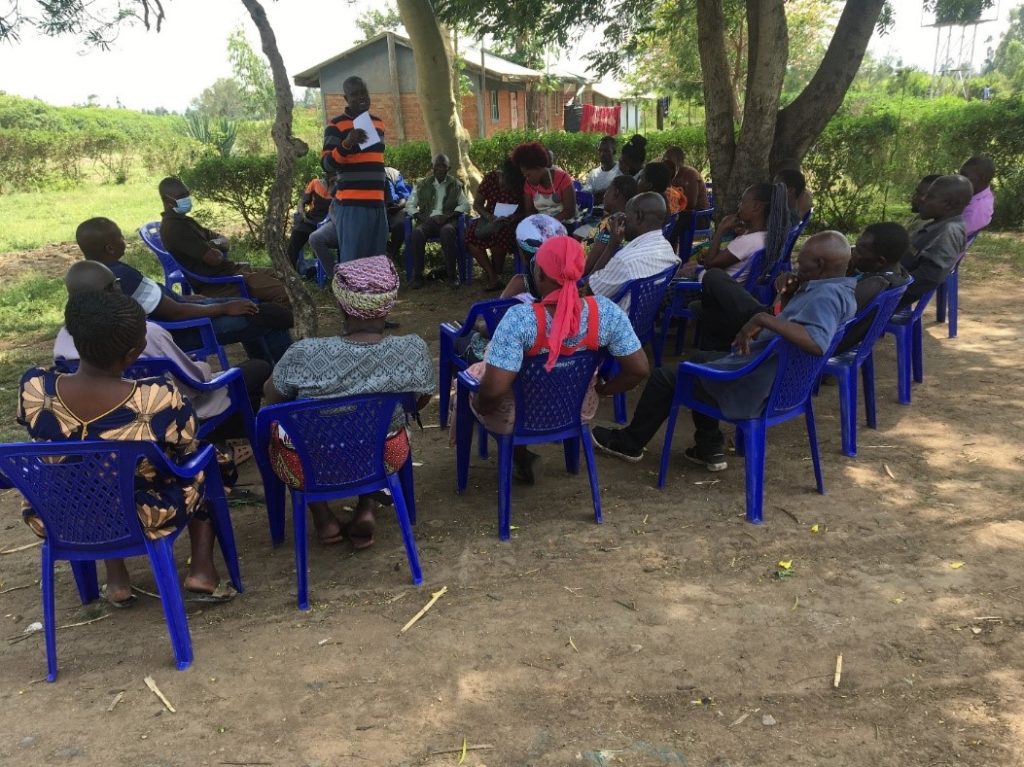
Attending to issues of human security largely determines intervention dynamics within the humanitarian/peace/development nexus interplay. Human security is inextricably linked to environmental security and reconciliation. Bearing in mind the Universal Declaration of Human Rights (UDHR), human security is anchored in the realization of basic and ontological human needs. From a human security perspective, structural violence variables related to core resources for survival, the political economy of ethical governance, and infrastructure security need constant surveillance. History continues to tragically demonstrate that structural conflict left untransformed has a lethal potential to escalate into manifest violence.
The pursuit of reconciliation is imperative in humanity’s quest for human security, living with dignity, and environmental sustainability. The values of peace, truth, justice, and mercy, holistically realized in conflict environments, are the oxygen of reconciliation. Reconciliation is ultimately oriented to having proper relationships with the ‘Divine’, humankind, oneself, and creation/environment. Shalom-SCCRR’s organizational work ethic centres on accompanying, enabling and inspiring people towards reconciliation in all of these interconnected domains.

Prof. W.K Omoka PhD (RIP) Shalom-SCCRR’s Director of Research.
Shalom lost a great friend, Professor Omoka, during 2021, who was a colleague, employee, and resource person, due to complications from contracting Covid-19. No words can express the heart breaking experience this sad event has been for his family, our organization, and all those who had the blessed experience of working with him during his life-journey. May he rest in Peace. He was a renowned lecturer having worked at Kent State University, Ohio, USA for many years, and in Kenya at the University of Nairobi (UoN), the Catholic University of Eastern Africa, Tangaza University College, and Hekima University College.
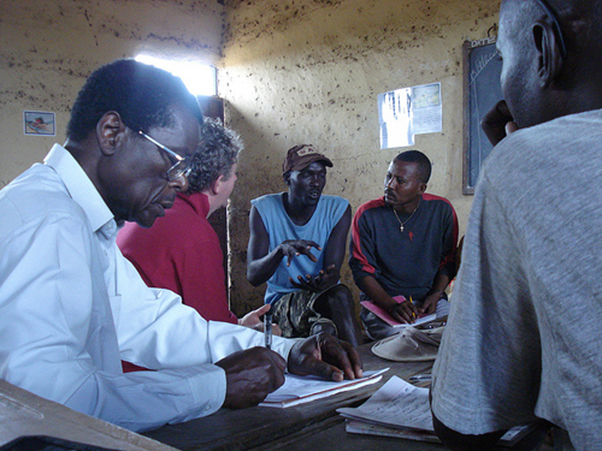
Prof. Omoka, a Quaker by faith joined the Shalom-SCCRR team in 2009. His contributions were held in the highest esteem by some of the top universities around the world and by distinguished humanitarian-peace-development practitioners. He was particularly eminent in the fields of sociology, peace studies, social research methodologies, and statistics; much sought after by numerous third-level institutions and by conflict transformation influential opinion-shapers working in manifest and structural violent conflict environments. In terms of ensuring that the quality of research was of the utmost academic rigor he was second to none. Shalom-SCCRR is in the process of establishing of a new peace and research library dedicated to conflict transformation, named after him.
Shalom-SCCRR Objectives Operationalised
In line with the overall policy directions from the Shalom-SCCRR Board of Directors in Africa, the objectives were operationalized in 28 conflict zones where manifest and structural violence and religious ideological extremism needed to be transformed. Shalom-SCCRR’s humanitarian / peace/development / Covid-19 interventions concentrated mainly on inter-ethnic and inter-religious communities in Turkana, West Pokot, Samburu, Marsabit, Nakuru, Kisumu, Isiolo, Nandi, Uasin Basin-Eldoret, Garissa, and Nairobi. Many of these conflicts are located where Kenya interfaces with the borders of Ethiopia, the Ilemi Triangle, Uganda, South Sudan, and Somalia.
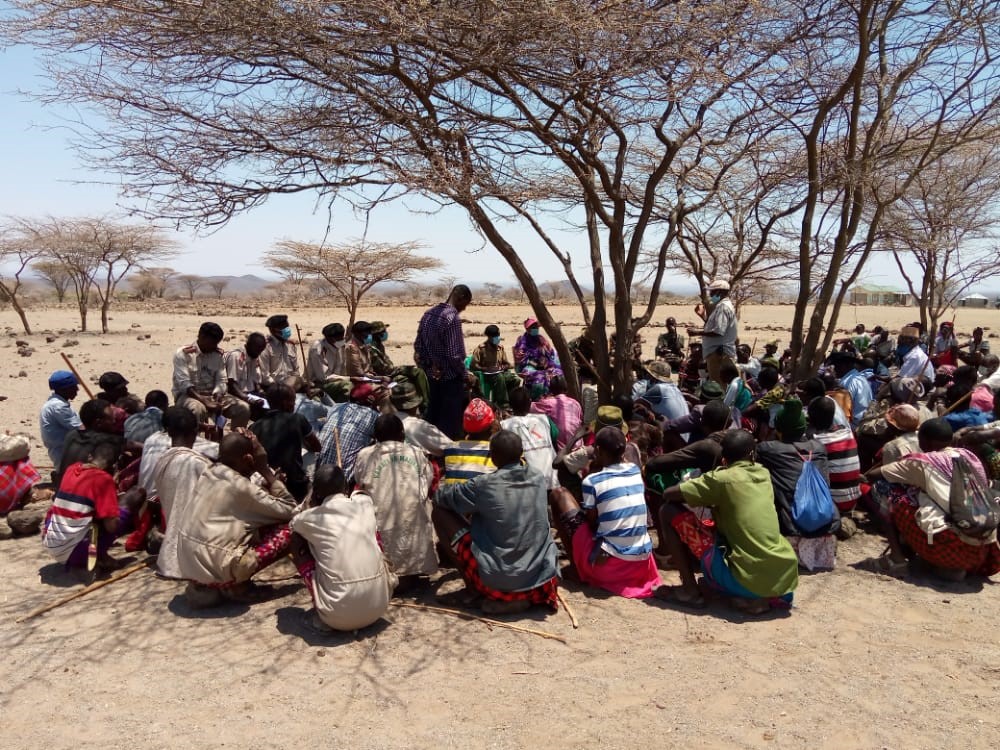
Outputs/Results in 2021
- 40 Shalom-SCCRR workshops in conflict zones training 1,635 Community Influential Opinion Shapers with conflict transformation skill-peacebuilding stakeholders’ techniques.
- 127 conflict transformation and peacebuilding interventions/actions plans implemented in communities led by Shalom-SCCRR trained groups.
- 219 Shalom-SCCRR empowered Community Facilitators and Resource persons, active in conflict transformation and peacebuilding interventions in 28 conflict environments.
- 62 Shalom-SCCRR funded School/Educational Development Projects, including solar lighting systems, benefiting 21,210 (10,804 girls and 10,406 boys) pupils and students, marginalized because of cultural practices, conflict, and poverty.
- 1 new ‘Shalom-SCCRR Empowerment Center addressing Violence against Women and Children” is being established in the informal settlement areas (slums) at Riruta on the outskirts of Nairobi.
- 1 Academic course on ‘Conflict Resolution and Reconciliation’ at Tangaza University College.
- 9 projects implemented providing sanitary items etc., to support girls living in extremely poor environments in the informal urban settlements/slums) and, marginalized areas of the arid and semi-arid northern Kenya.
- 23 Shalom-SCCRR supported peace and conflict monitoring mechanisms operational and providing key data applied in the design of local conflict interventions (ranging from conflict prevention, management, transformation and resolution).
- 18 projects implemented on provision of desks, and lockers to schools located in poor and marginalized areas to ensure social distancing in classrooms as a preventative measure against Covid-19 spread.
- 19,779 pupils and students empowered through Shalom-SCCRR Peace Education Syllabus in primary and secondary Schools.
- 49 Shalom-SCCRR established and supported SHALOM Peace Clubs, implementing conflict transformation activities in areas affected by inter-ethnic conflicts/religious ideological extremism and marginalization.
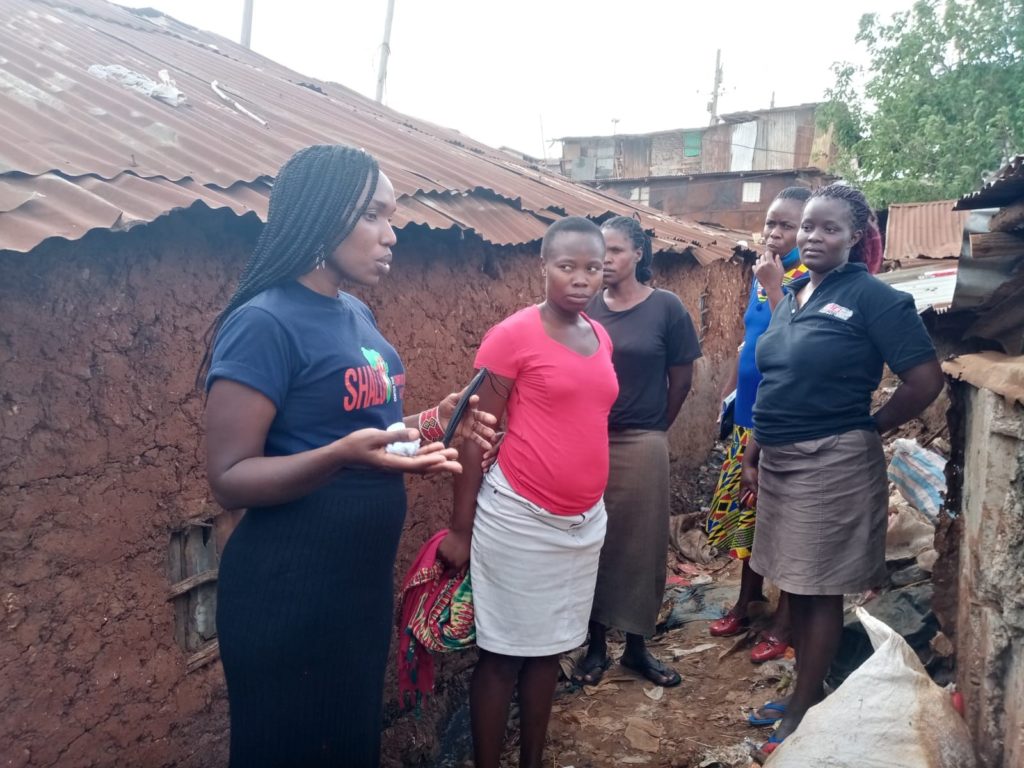
from Kibera Informal Settlement (Slum) in Nairobi. The cost and consequences
of violence against women and children in the informal marginalized urban
settlements lasts for generations.
In Nairobi’s poor urban settlement areas of Kibera, Kariobangi and Mathare Valley in Nairobi, Shalom-SCCRR engaged substantively with the residents. One cannot over appreciate the generosity, planning, logistics, professionalism and hard work that were applied in these intervention processes on the front line of the conflict zones. The connectivity between Shalom-SCCRR’s conflict transformation-peacebuilding interventions and infrastructural development activities, including countering Covid-19, is of critical importance. The programmes were designed with visionary activities to transform conflict, counter religious ideological extremism, counter Covid-19 and sustain peacebuilding progress through sustainable mutual development initiatives agreed on by ethnic communities who were previously in conflict.
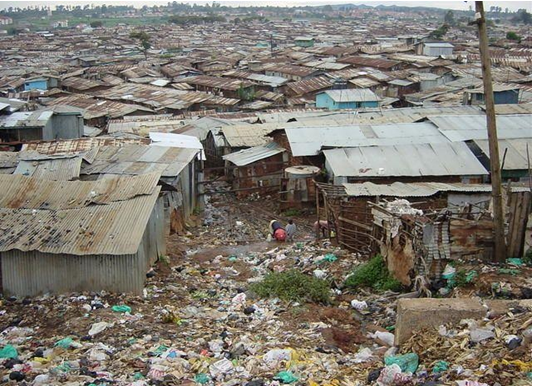
We are grateful to all donors, partners and stakeholders all over the world who continue supporting the work of Shalom-SCCRR. Since the organisation’s founding in eastern Africa, its registered units and committees in the USA, Ireland and the UK-Northern Ireland have provided over 90% of our funding. This support further strengthened Shalom-SCCRR’s resolve and commitment to its vision and mission during 2021. We also continued the consolidation and updating of our organisational governance and range of policies to ensure good practice, accountability, effectiveness, transparency, and integrity. Institutional strength is critically important because it impacts directly the work we do in conflict environments. The whole work-ethic process within the organisation is constantly appraised in respect to performance, authenticity, growth and collaboration.
The Shalom-SCCRR team are ever resilient in maintaining the organisation’s high operational standards that are recognised nationally, regionally, and globally as evident in its prestigious accreditation by the UN. The approach, with its emphasis on community leadership, stakeholder participation, high technical competency, logic models, results frameworks, stories of change and advocacy linkages has received international profile acknowledgement in the context of current best practice within both the peacebuilding and development sectors.(https://shalomconflictcenter.org/wp-content/uploads/2021/01/DX-2500N_20180611_071144.pdf/ https://shalomconflictcenter.org/igad-endorses-shalom-sccrr-for-united-nations-accreditation/https://www.indcatholicnews.com/news/40609/https://shalomconflictcenter.org/wp-content/uploads/2021/01/Mission-Aid-June-2019.pdf)
Shalom-SCCRR receives United Nations (UN) Accreditation
Recently, Shalom-SCCRR received accreditation by the United Nations. Our board, management and team members are delighted with this global recognition of our conflict transformation-peacebuilding methodologies and successes. The accreditation was proactively supported by the United Nations Centre for Information (UNIC) in Kenya, Uganda and the Seychelles, by the Inter-Governmental Authority on Development (IGAD) in eight countries with a population of around 300 million people in Eastern Africa,(https://shalomconflictcenter.org/igad-endorses-shalom-sccrr-for-united-nations-accreditation/), and by Tangaza University College in Nairobi (https://shalomconflictcenter.org/wp-content/uploads/2021/01/DX-2500N_20180619_113618.pdf).
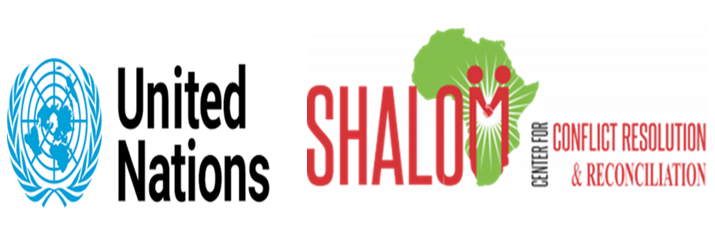
This recognition of Shalom-SCCRR by the UN is an opportunity for it to work with the 1,500 associated NGOs in furthering the goals and objectives of creating a better and more peaceful
world together. These NGOs also play an important role using their own communications platforms with their members and beneficiaries to highlight commitments made by governments and world leaders, such as the agreement by world leaders to achieve the 17 Sustainable Development Goals (SDGs) by 2030.
The United Nations Department of Global Communications has approved Shalom-SCCRR to be associated with the Department which works with diverse civil society organisations ranging from small groups to subsidiaries of large networks and academic institutions around the world. The organizations associated with the Department gain access to UN Headquarters in New York to attend meetings, events and informational sessions, and to network with other organisations and UN entities (https://www.indcatholicnews.com/news/40609).
Core Values
Shalom-SCCRR’s core values grounded within a framework of human rights and the dignity of life, are non-violent societal transformation, integral human development and security, inter-religious tolerance, peace, truth, justice and mercy, environmental integrity, respect for local culture and traditions. These core values are manifested in our policy documents, planning, design, outputs and results. Moreover, they underpin the choice and quality of our board, management, team members and partner institutions / collaborators / consulters around the world, (https://shalomconflictcenter.org/wp-content/uploads/2021/04/Shalom-SCCRR-Who-We-Are-2020-2021.pdf).
Inter-ethnic conflict in semi-arid underdeveloped zones, as well as the contexts of religious ideological extremism, dictate that the interventions by Shalom-SCCRR involve extraordinary diplomatic, organizational and logistical efforts from the board, management, team members, and our support units around the world. Our core values are performance value beacons for all involved. Much appreciation to each and everyone involved from the tens of thousands of people you have benefitted through our combined efforts.
Focus of Interventions in 2021
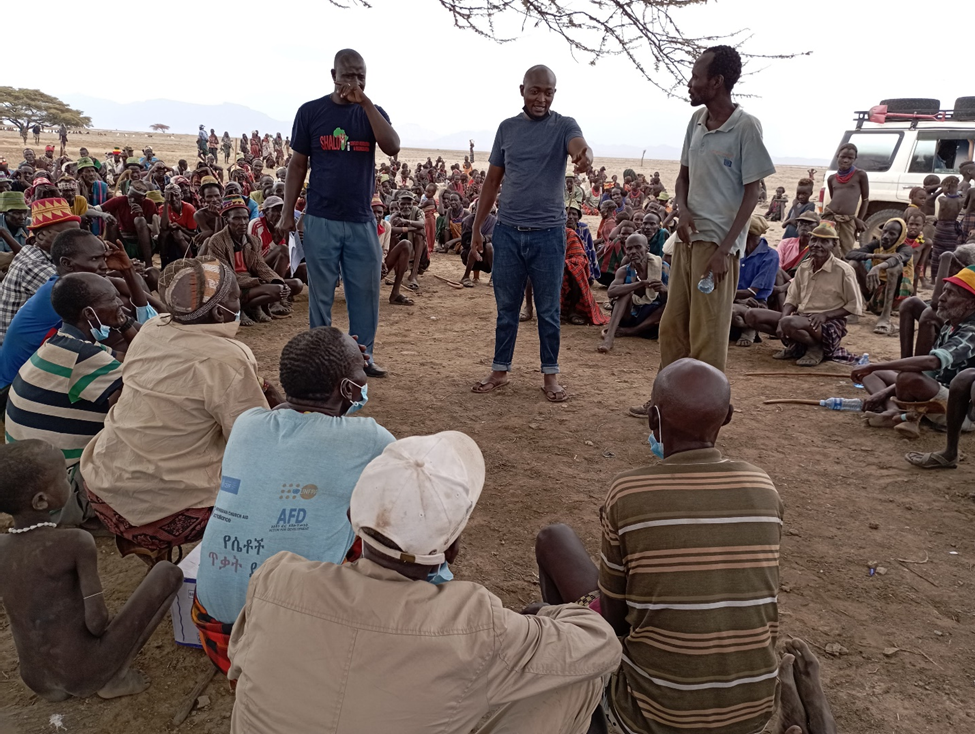
Always mindful of interventions to achieve the objectives of the organization within a quality theory / practice mind-set, and the environmental impact of COVID-19 on people’s survival, Shalom-SCCRR gave particular attention to the following issues in 2020.
a) Empowerment of community resource persons on conflict transformation, peace building, monitoring and countering the impact of Covid-19
b) Role of women in conflict transformation and peace building; establishing in the informal settlement (slums) around Nairobi a new ‘Shalom-SCCRR Empowerment Center addressing Violence against Women and Children’, while continuing with other related work (https://shalomconflictcenter.org/shalom-sccrrs-contribution-to-women-in-conflict-transformation-and-peacebuilding/)
c) Training of ethnic influential opinion shapers on negotiation and mediation methodologies, leading to the establishment of specialized grassroot structures engaging in these processes with particular emphasis on empowering communities during election year in Kenya.
d) In partnership with AMECEA (Associate Membership of Episcopal Conferences of Eastern Africa) the development of inter-religious ‘Dia-Praxis’ conflict and development interventions (dialogue and practical project cooperation) to counter the escalating ‘Religious Ideological Extremism along the eastern coast of Africa and countries adjacent’. (https://shalomconflictcenter.org/conflict-transformation-radicalization-and-extremism-in-eastern-africa/)
e) Researching and countering the underlying causes of radicalisation and extremism / terrorism (Radicalisation and Extremism in Eastern Africa: Dynamics and Drivers by Patrick. R. Devine: Journal of Mediation and Applied Conflict Analysis, 2017, Vol. 4, No. 2) (http://mural.maynoothuniversity.ie/9086/7/PD-Radicalisation-2017.pdf)
f) Progression of the strategies and dynamics of advocacy and empowerment imparted to government institutions of administration and conflict management
g) Methodologies to transform natural resource and environment related conflicts. (https://shalomconflictcenter.org/briefing-paper-no-11/)
h) Post-election reconciliation in the aftermath of earlier sporadic violence during the last national elections.( https://shalomconflictcenter.org/gearing-to-go-shalom-requested-to-intervene-shalom-sccrr-lays-foundation-for-long-term-peacebuilding-along-the-volatile-kisumunandi-border-in-western-kenya/)
i) Ongoing review of Shalom-SCCRR educational peace manual for school curriculums
j) Dynamics between conflict transformation and the development of inter-ethnic and inter-religious schools
k) Dynamics of pastoralist nomads transitioning to arable farming
l) Development of competent conflict transformation strategies for women and youth organisations in the slum areas of Nairobi
m) Engagement with the conflict warriors in conflict behaviour transitioning
n) Transformation of identity based inter-ethnic conflicts to reconciliation
o) Course content on ‘Conflict Resolution and Reconciliation’ taught at Tangaza University College.
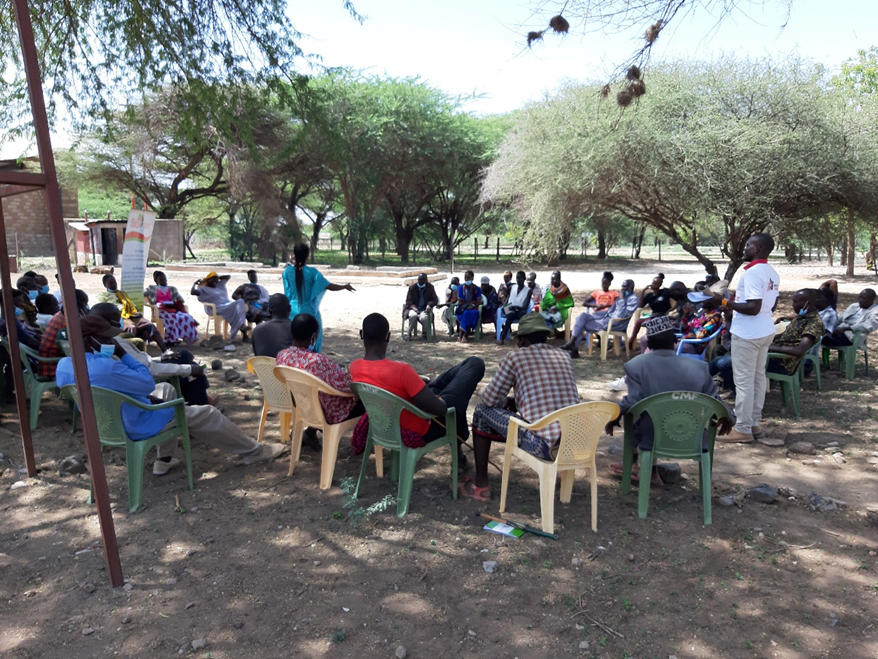
Shalom-SCCRR condemns the abominable crime of human and organ trafficking, and financially supports interventions to counter this evil. Of significance also is the continuing Shalom-SCCRR peace-advocacy and development interventions in Sudan and South Sudan.
Shalom-SCCRR’s Director of Research, Prof. W.K Omoka PhD, supported by the Monitoring, Evaluation, Reporting and Learning team (MERL) led by Francis Mwangi MA, were assiduous in respect to research methodology and ensuring the organisation’s interventions and processes are kept to the optimum level. The continuing enthusiastic and voluntary participation of government, religious and civic society organisations in Shalom-SCCRR conferences, conflict transformation, countering Covid-19, peace training programmes, research collection methodology, advocacy on justice, peace and reconciliation issues, inter-religious Dia-Praxis initiatives fostering of inter-ethnic and inter-religious education, institutional developments, confirms the importance of our organisation’s contribution.
Shalom-SCCRR personnel collaborate in numerous project initiatives with governments and IGAD (Intergovernmental Authority on Development) personnel, on humanitarian / peace / development interventions. We continue to advocate for the Great Green Wall across Northern Africa; this is the construction of a 15 kilometres wide barrier of trees and other cultivations to prevent the spread of the Sahara Desert southwards, and associated desertification conflict problems. (Briefing Paper No. 5: AProposal By Shalom-SCCRR For Conflict Transformation Around The Building Of The Sahel Great Green Wall – Shalom Center for Conflict Resolution and Reconciliation | SCCRR (shalomconflictcenter.org) We are constantly monitoring the impacts of environmental degradation, climate change / global warming, structural violence, among others on peace and conflict quotients. I have addressed this issue at public events and lectures in Africa, Europe and the USA. The advocacy role of Shalom-SCCRR in these processes involves specialist expertise, and this is one of the reasons that all our team is required to have a minimum of a MA qualification in relevant academic disciplines.
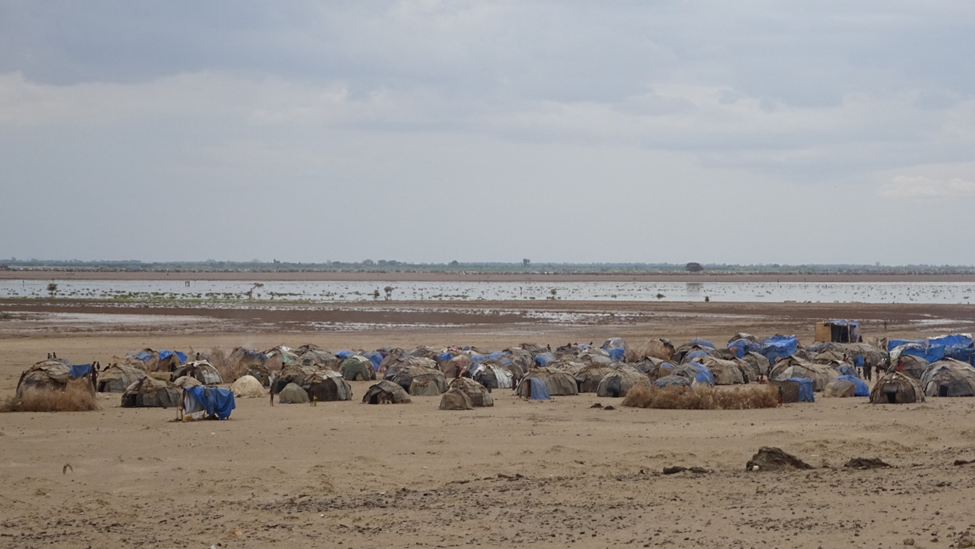
Elections and Violence
We operate against a background where, during post-election violence in Kenya in the past decade, over 1,300 people were killed, tens of thousands maimed, and hundreds of thousands displaced. Since then Shalom-SCCRR continues to intervene intensively with analytical and reconciliation processes, working with the key influential opinion-shapers from both ethnic communities accompanied with government administrative personnel (https://shalomconflictcenter.org/wp-content/uploads/2021/01/Briefing-Paper-No.-7.pdf)
This has already led to significant results on a road map to sustainable peace ameliorated by joint development initiatives. Shalom-SCCRR’s professionalism received wide ranging attention and coverage from media outlets in Africa, and globally, such as BBC, Voice of America (VOA), Germany’s Deutsche Welle, several Irish media outlets, Xinhua News Agency in China, Terry Collins and Associates-Global Media Relations in Canada, Living in Faith in India, Independent Catholic News in the UK, and many other news media.
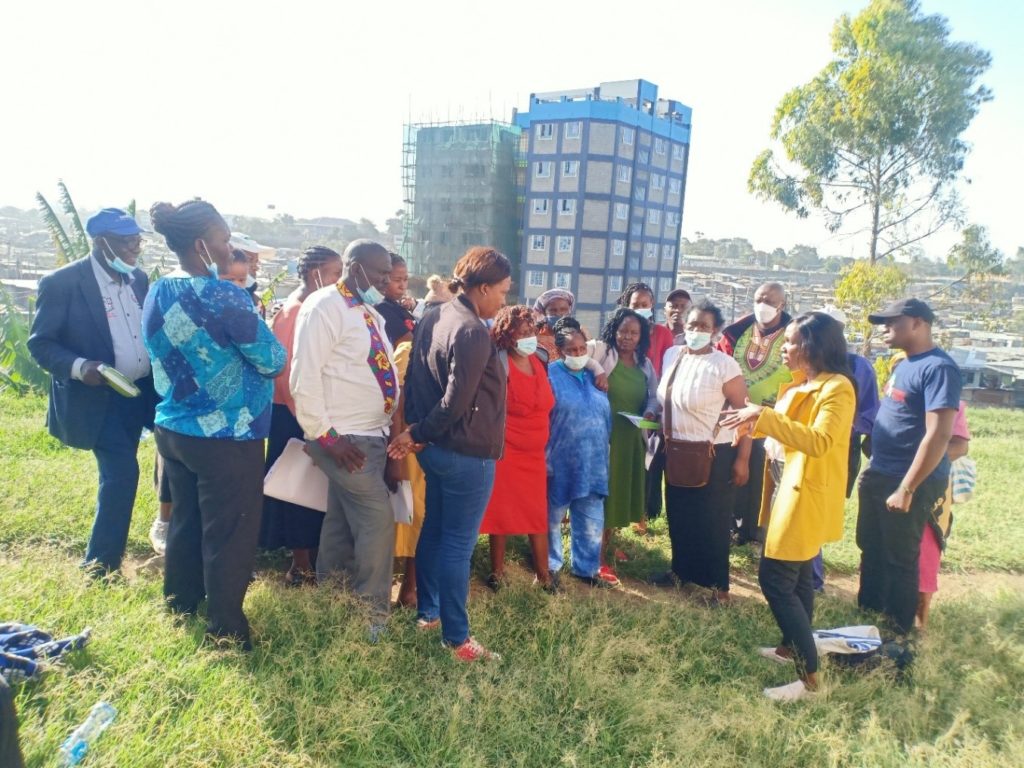
Governance and Fundraising
The highly qualified board of Shalom-SCCRR (Africa) were dedicated and meticulous in providing leadership, oversight, expertise and wisdom during the year. This strong structure and leadership underpins our performance, growth, authenticity and collaborations in delivering on the organisation’s vision, mission, methodology and core values. As always, our accounts were audited in accordance with International Standards on Auditing (1SAs) and International Ethics Standards Board for Accountants Code of Ethics for Professional Accountants (IESBA code). The independently audited accounts are a core instrument in demonstrating the quality of Shalom-SCCRR’s governance, administration and project product delivery.
External fundraising, in collaboration with the contributions of local communities, to facilitate the realisation of the vision and mission of Shalom-SCCRR is critically important for success. During 2021, we continued our close relationship and support to the fundraising efforts of our affiliate branches around the world. We welcome the ever-increasing number of individual donors to our support units. The gratitude of Shalom-SCCRR in Africa and that of our beneficiary communities is immense.
Appreciation to our Management and Team Members
Our gratitude goes to Shalom-SCCRR’s management and team members for their accountability and dedication to high standards during the year. The board again offers its deep appreciation to Rev. Oliver Noonan MA, Executive Director, for exemplary professionalism in stewardship, project oversight and the financial administration of the organisation. The board also wishes to thank the Senior Project Officer, Godfrey Okoth MA, and Prof. W. K. Omoka PhD, our late Director of Research.
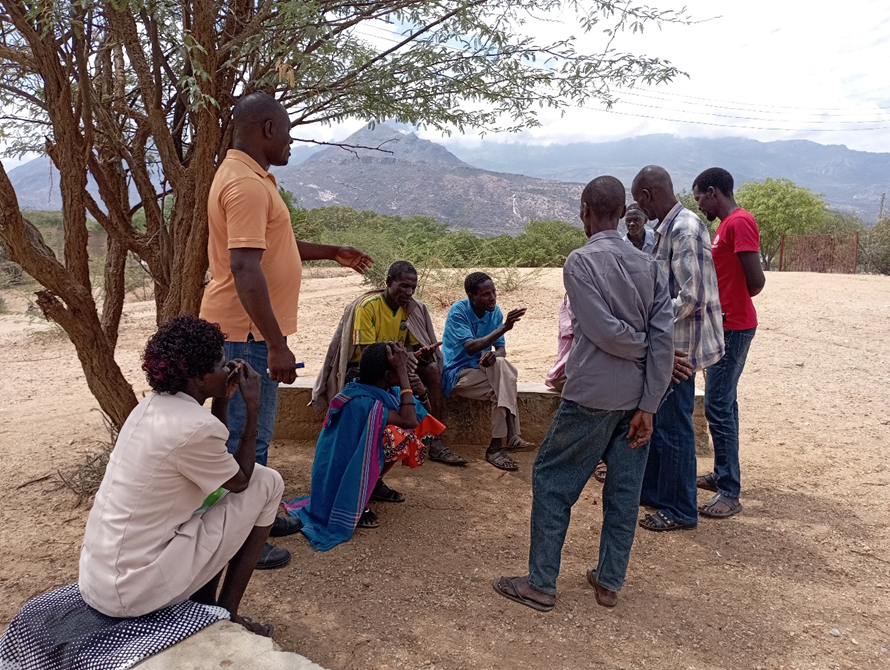
Our appreciation extends to our finance department of accountant Kipkoech Kipruto ACCA (Association of Chartered Certified Accountants), and his assistant accountant Remy Ndiema CPA (Certified Public Accountants), B. Com, and all involved in auditing our accounts, for their integrity, professionalism and rigour. Our gratefulness is due to the whole Shalom-SCCRR team, and all organisational partners for their research, fieldwork, and the quality of progress achieved during the year.
As a result of the past eleven years’ work, the lives of hundreds of thousands of men, women, children and families, living previously in dire situations, have been constructively transformed. You have positively influenced livelihood resilience of present and future generations with hope and human security. Because of the work of Shalom-SCCRR, it is innumerable the number of individuals, families, and communities who are alive and well today, experiencing the fulfilment of living in more just and stable societies. They are increasingly able to meet their basic human needs, actualize their potential, interact with the ‘Divine’, and the environment in a wholesome, tolerant and inclusive manner.
International Engagements and Academic Lectures
The Shalom-SCCRR humanitarian/peace/development nexus of interventions continues to attract attention worldwide. In Kenya, Shalom-SCCRR personnel continued to lecture at various third level colleges, such as the MA course on Social Research and Statistics at Hekima University College, and the course on Conflict Resolution and Reconciliation at Tangaza University College where Fr. Oliver Noonan, MA is the lead lecturer.
We are due to give a rescheduled lecture at Harvard University’s Kennedy School of Public Policy that had to be postponed due to Covid-19 restrictions. The fulfilment of invitations from other international universities remain on hold. Shalom-SCCRR were delighted to accept an invitation from Tangaza University College Kenya to enter into a more intensive partnership with them through the signing of a Memorandums of Understanding (MoU) in May 2021 (https://shalomconflictcenter.org/a-report-on-the-signing-of-an-mou-between-shalom-sccrr-and-tangaza-university-college-by-ms-judith-akedi-ma/). Other MoUs, partnerships, and collaborations with IGAD, the Edward M. Kennedy Institute for Conflict Intervention at Maynooth University, the Senator George Mitchell Institute for Global Peace, Security and Justice at Queens University Belfast, AMECEA (Association of Member Episcopal Conferences in Eastern Africa), ACWECA (Association of Consecrated Women in Eastern and Central Africa) and the Society of African Missions (SMA) are valued relationships for Shalom-SCCRR. We were delighted to renew our MoUs with Queens University and Maynooth University recently.
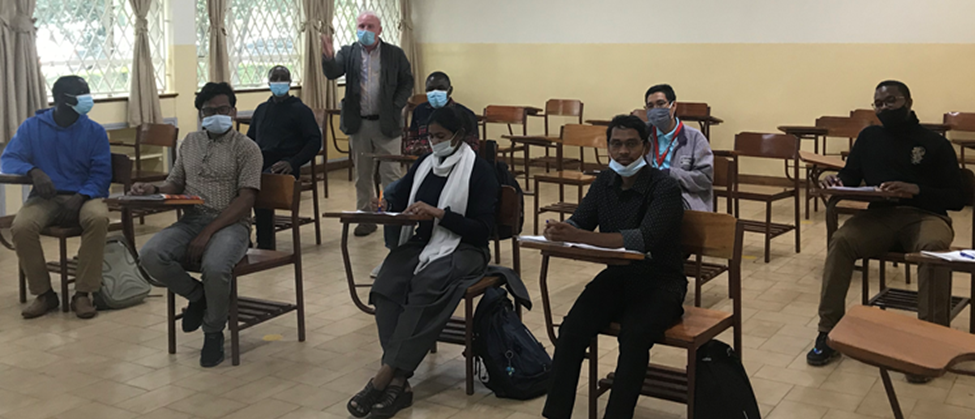
The Sustainable Development Goals (SDGs) in the Context of Peace
SDG No. 16 aims to promote peaceful and inclusive societies for sustainable development, provide justice for all, and build effective, accountable, and inclusive institutions at all levels. It asks “how can a country develop – how can people eat and teach and learn and work and raise families – without peace? And how can a country have peace without justice, without human rights, without government based on the rule of law?
That goal is specifically focused on positive peace in societies where sustainable development can take place and be effective. All of the SDGs are inter-linked and predicated on a minimum of negative peace and the potential for the realisation of positive peace. They recognize that sustainable development without sustainable peace is not possible.
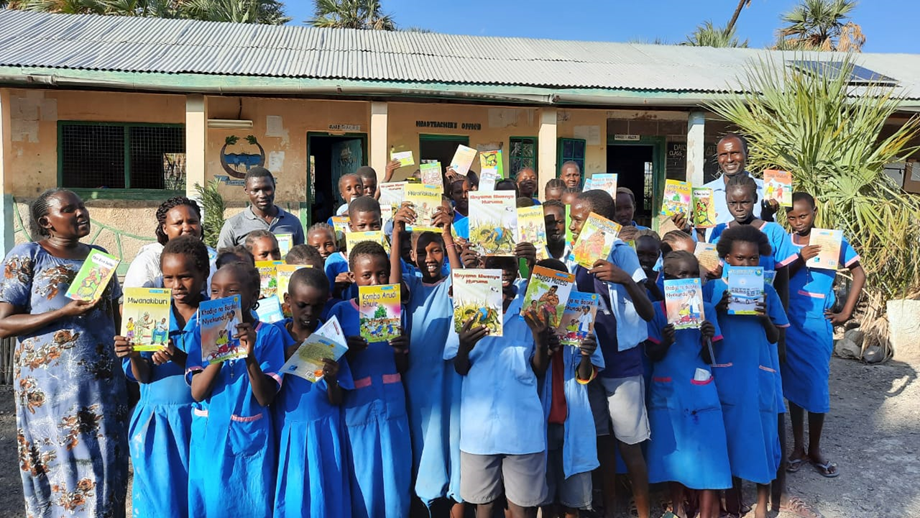
The UN Sustainable Peace Initiative places preventive action and post-conflict peace-building on par with peace-keeping. The report by the Secretary General to the High Level Meeting on Sustaining Peace held in New York in April 2018 has laid the groundwork for an important policy-breakthrough, empowering civilians with new tools, better management practices, and hopefully new financial resources to contribute to a more integrated and coherent framework for global conflict management that delivers positive peace.
Important features of the Initiative are:
- It elevates the role of civil society and regional organisations in sustaining peace.
- It stresses that the UN development system and development practitioners in general are central to conflict prevention and sustaining peace.
- It buttresses the case for “more predictable and sustained financing” for civilian-led peace-building through a proposed Funding Compact with Member States, against the backdrop of declining development assistance to conflict-affected countries as a share of global aid (from 40% in 2005 to 28% in 2015).
We welcome the elevation of the role of civil society in sustaining peace, and support the case for “more predictable and sustained financing” for civilian-led peace-building. We are well placed to play a leading role within civil society and in collaboration with other actors.
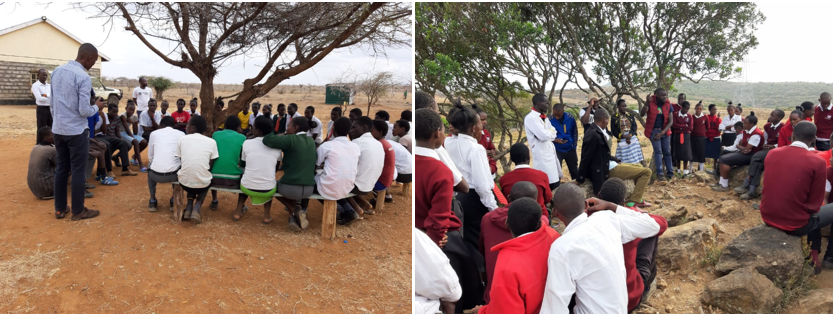
Need for Focus on Peace-Building
In recent years the government of Ireland issued a public consultation paper seeking ideas and suggestions for consideration in its new overseas aid programme. Based on our professional knowledge and practical experience, a substantial submission was presented, advocating that Ireland’s new aid policy should include focus on peace-building and conflict transformation (https://shalomconflictcenter.org/submission-to-public-consultation-on-the-irish-aid-white-paper/). Kenya and Ireland took up non-permanent seats on the UN Security Council on 1st January 2021. Ireland along with Mexico will chair the Women, Peace & Security Forum of the Council, and Ireland will co-chair along with Niger the Climate Forum for which a priority area will be the Sahel region of Africa mentioned earlier in this report. In a webinar hosted by the Irish Peace and Security Network on 2nd February 2021, Ambassador Sonja Hyland, Head of the Political Division in the Dept. of Foreign Affairs & Trade indicated that the Department will be engaging with civil society around its policies and input to these fora and the Security Council.
We continue to advocate that more emphasis be applied to the substance and methodology necessary for conflict resolution and reconciliation within a framework continuum of, ‘humanitarian interventions /conflict transformation/negative peace/development/positive peace’. Peacekeeping as a priority focus alone as a response reaction to manifest and structural violent conflict is extremely limited in terms of its contribution to achieving conflict resolution and reconciliation.
Our ongoing work to transform the underlying causes of inter-ethnic conflict and religious ideological extremism is inseparable from the ethos of peacebuilding that permeates Shalom-SCCRR’s interventions. We engaged during the course of the past year with the Discastery for the Promotion of Integral Human Development in the Vatican headed by Cardinal Peter K. A. Turkson from Ghana, and with the Permanent Observer Mission of the Holy See at the UN in New York.
Engaging the future with optimism, judiciousness and dynamism
As a process, ‘Shalom’ is about achieving integral human security and development among and between people. All of us, together, can bring about deep-rooted transformation and resolution of conflict generating factors and structures, through rigorous research, conflict management training, peace education, problem-solving workshops, developing inter-ethnic and inter-religious infrastructural projects – especially educational institutions and other ‘human rights’ edifying initiatives.
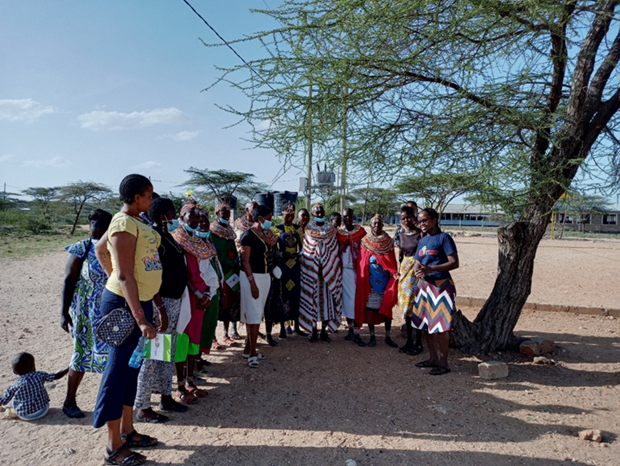
The Shalom-SCCRR vision points to adherence to the right long-term policies in our approach to conflict resolution and reconciliation, resisting to settle for ‘short term quick fixes’ or the transient gains of myopic insular politics. Many people in remote, violent and poverty-stricken environments are waiting to experience ‘Shalom’ (https://shalomconflictcenter.org/briefing-paper-no-8/). Right long-term policies should always take precedence over the lure of best short-term politics; this philosophy will continue to be at the core of our intervention objectives which are:
- Equipping purposively selected locals with analytical skills and peacebuilding techniques for use in conflict problem solving and reconciliation workshops.
- Generation of sound knowledge of why/how there is inter-ethnic conflict through empirical research on which to base peacebuilding initiatives/activities, and which also lends itself to informing government/IGAD policy practices in the context of localised inter-ethnic/inter-communal conflict occurrences.
- Augmenting the conflict transformation role capacities of religious organisations, civic organisations, and non-governmental organisations.
- Training local government administration and security personnel in conflict analysis and procedural peacebuilding approaches to settle and resolve conflicts.
- Constructing and equipping inter-ethnic and inter-religious schools and institutions with requisite facilities for the purpose of countering, among other things, distrust of ethnic other as well as harbouring or tending to perceive hostile intentions in the behaviour of ethnic other, thereby fostering inter-communal peaceful co-existence.
- Responding to humanitarian, infrastructure supports, and conflict transformation implications arising from the emergence of Covid-19 in Eastern Africa.
- Shalom-SCCRR preparedness with prevention and reconciliation processes in place if required, focused on the upcoming 2022 national elections in Kenya.
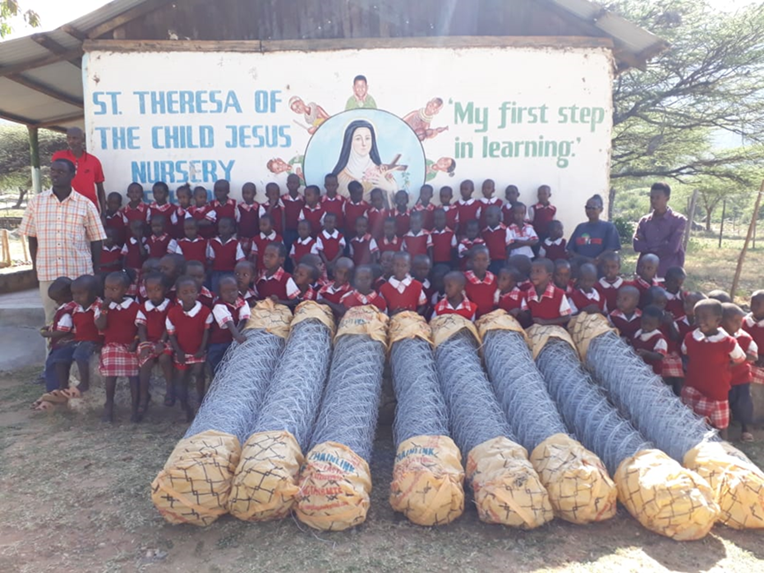
In thanking our donors, those who offer prayers and well-wishers, let me assure all that Shalom-SCCRR will continue to be diligent in fulfilling our objectives to the highest standards in the years ahead. We should never forget that all that is needed for evil to triumph, whether in the form of violence, injustices, lies, maliciousness or envy, is for good people to do nothing. From a short and a long-term perspective, being an armchair general or parasitically sitting on the fence while millions suffer from manifest conflict and marginalization is an appalling indictment.
There are no limits to the positive interventions that can be made to bring about sustainable peace, development and reconciliation. We all need continual assistance, education and formation in order to know what makes for peace! The road to peace is not easy but the quest is essential in order to ensure human dignity and survival, environmental security, and the opportunity to experience the ‘Divine Spirit’ in all its vitality. As the Man from Nazareth once said, ‘if only today you would know what makes for peace’!
Our conflict transformation, peacebuilding and integral human development interventions going forward will center on acknowledging the past, reframing the present, and envisioning a future built on the authentic realisation of Shalom-SCCRR’s vision, mission and objectives.
SHALOM, SALAAM, SALAMU, SALEM,

Rev. Patrick Devine PhD
Chairman, Shalom-SCCRR, Kenya
SHALOM-SCCRR TEAM IN EASTERN AFRICA DURING 2021
Board of Directors
Rev. Dr. Patrick Devine MA, BD, BA, D.MS, Chairman
Prof. Robert Mudida PhD, MSC, MA, BD, Board Member (Kenya)
Dr. Michael Comerford MA, BD, BA, Board Member, (South Sudan)
Rev. Oliver Noonan, MA, BD, D.MS, (PhD Candidate) Board Member, (Eastern Africa)
Ms. Rosaline Serem, MBA, BA, Board Member, (Kenya)
Mr. Sean White, MSC, BA, Board Member (Kenya)
Rev. Janus Machota, BD, BA Board Member, (Tanzania)
Management
Rev. Oliver Noonan, MA, BD, D.MS, Executive Director
Prof. Wanakayi K Omoka, PhD, MA, BA, Director of Research
Mr. Godfrey Okoth, MA, BA, Director of Programs
Ms. Joyce Wamae, MA, BA, Program Manager (Urban Settlement Program)
Mr. Paulson Erot, MA, BA, Program Manager (Northern Kenya Program)
Mr. Francis Mwangi, MA, BA, Monitoring, Evaluation and Learning Coordinator
Ms. Judith Akedi-Linus, MA, BA, Program Officer, Team Leader
Mr. Austin Ngacha, MA, BA, Program Officer, Team Leader
Mr. Arthur Magero, MA, BA, Program Officer, Team Leader
Ms. Esther Kibe, MA, BA, Program Officer, Team Leader
Mr. Kennedy Odhiambo, MA, BA, Program Officer, Team Leader
Ms. Asha Said Awed, MA, BA, Program Officer
Mr. Kipkoech Kipruto, ACCA, (Association of Chartered Certified Accountants),
Finance Administrative Manager
Mr. Remy Ndiema CPA (Certified Public Accountants), B.Com, Assistant Accountant Mr. Ken Otieno, Transport / Logistics Coordinator, Further Studies
Mr. Joachim Sambila, MA, BA, Intern
International Volunteer Consultants
Mr. Patrick Geysen, MA, Senior Advisor to IGAD (Intergovernmental Authority on Development – 8 Countries) Former Deputy Head of the EU delegation to Djibouti.
Ms. Matilda Brolin, L.L.M. (Harvard Law School, Sweden’s Ministry of Foreign Affairs, D.R.Congo)
Ms. Nancy Mirera, MA, Counselor-Psychology, Embul-bul Education & Counselling Center, (Kenya)
Ms. Fabiana Pardi Otamendi, L.L.M. (Harvard Law School, UN Human Rights, White & Case LLP, France)
Ms. Sheena McMullen, MA, (Peace and Reconciliation Studies, N. Ireland/UK)
Rev. Michel Savadogo, MA, BA, BD (Shalom, Cote D’Ivoire, West Africa)
Dr. Conrad Bosire, MA, BA, (Constitutionalism and Devolution, Kenya, East Africa)
Rev. Dr. Michael McCabe, BA, BD (Ireland; Inter-Faith Dialogue)

